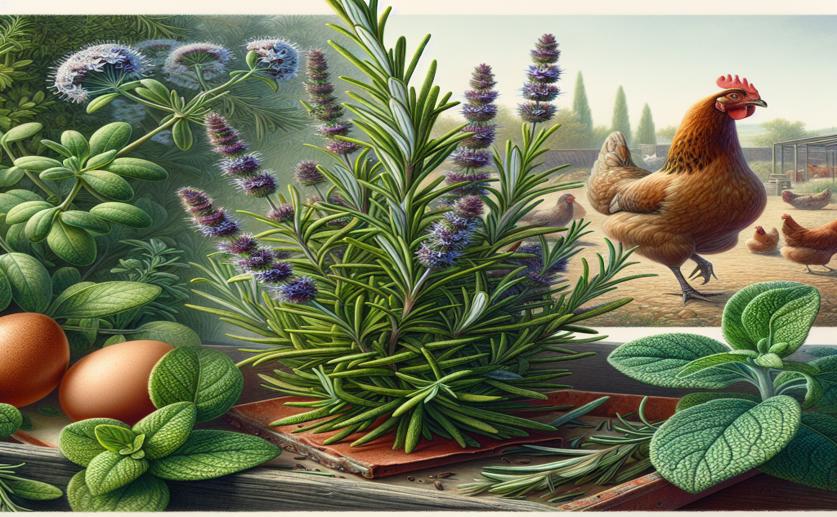
How Rosemary and Oregano Help Chickens Cope with Heat Stress
Jenn Hoskins
29th January, 2024

Image Source: Natural Science News, 2024
References
Main Study
1) Growth performance, blood biochemistry, and mRNA expression of hepatic heat shock proteins of heat-stressed broilers in response to rosemary and oregano extracts.
Published 26th January, 2024
https://doi.org/10.1016/j.jtherbio.2024.103791



 20th January, 2024 | David Palenski
20th January, 2024 | David Palenski